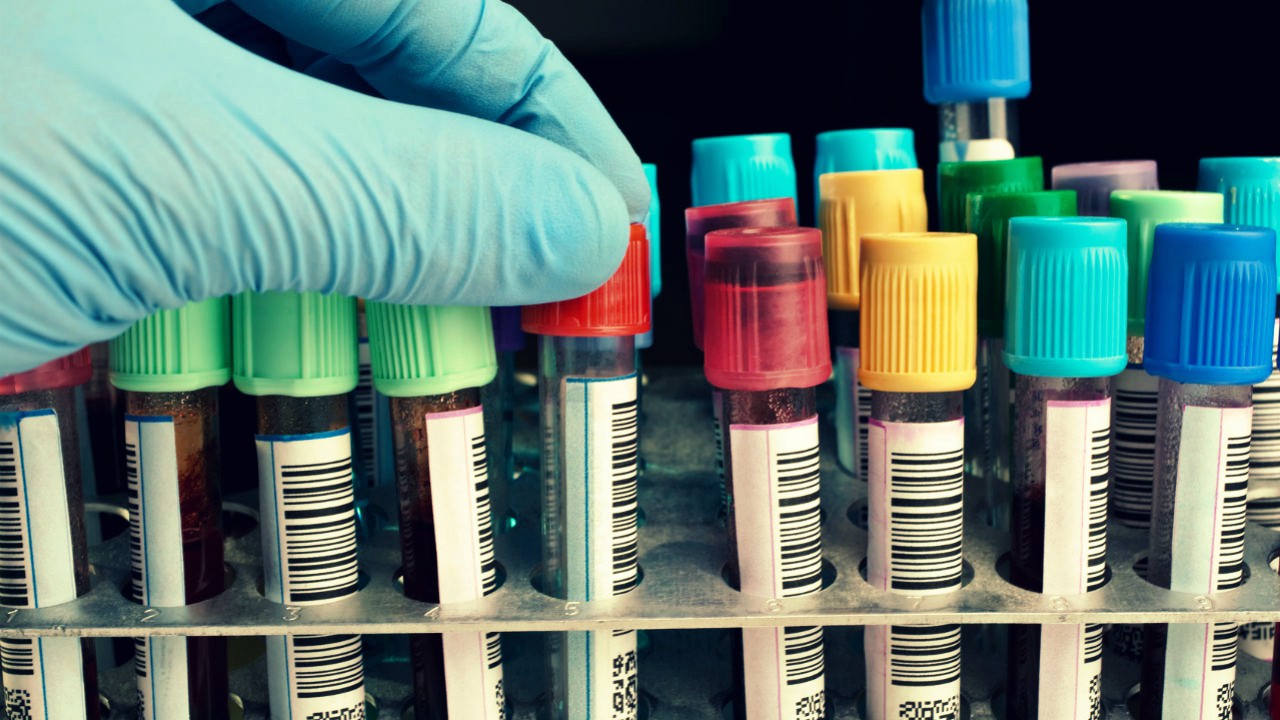Controlling high cholesterol is one of the big challenges to heart health. Maintaining just the right mix between low-density lipoprotein (LDL or “bad”) cholesterol and high-density lipoprotein (HDL or “good”) cholesterol can be daunting. Too much LDL in your system and your risk factor for developing heart disease, stroke, heart attack or atherosclerosis increases dramatically. Likewise, if your levels of HDL cholesterol are too low, your risk factors increase as well. For some, trying to achieve just the right levels of HDL and LDL cholesterol can be a constant, delicate balancing act.
It’s long been believed that the only way to control levels of HDL and LDL blood cholesterol was through dietary and lifestyle changes such as weight loss, eating heart healthier foods, exercise, quit smoking and limiting alcohol content. When dietary and lifestyle changes aren’t enough to control cholesterol levels, then statins (cholesterol lowering drugs) are used to bring wayward HDL and LDL levels under control. Researchers at the University of Cincinnati (UC) recently completed an animal study which challenges this traditional view of how cholesterol is controlled and regulated.
Led by Matthias Tschöp, MD, researchers found that in test animals (mice) cholesterol levels were regulated by the hormone, ghrelin. Ghrelin, located in the brain, is a hormone which signals hunger. This study is the first study which establishes a clear control link between the brain and cholesterol levels. Ghrelin works to hinder the melanocortin 4 receptor (MC4R) receptor from functioning properly. Located in the hypothalamus, MC4R is necessary for regulating both food intake and energy output. Researchers found that the higher the levels of ghrelin, the higher the levels of cholesterol in the test mice. In essence, the central nervous system, led by gherlin worked as a “remote control” to regulate cholesterol levels.
As a part of the study, researchers deliberately blocked or removed MC4R from the central nervous system of test mice. Researchers found that cholesterol levels were also high in animals where MC4R was genetically deleted or chemically blocked. This led researchers to the conclusion that MC4R is probably the main remote control agent for regulation of cholesterol levels.
Since this study was conducted on animals, more research will be needed to conclusively prove that the same is true for humans. However, this study adds more evidence to an ever increasing amount of research which supports the premise that metabolic functions such as LDL and HDL levels are controlled not by dietary intake but by the central nervous system. This study also provides pharmaceutical companies with new avenues to explore in the quest to develop better and more effective cholesterol regulating medications.
Sources:
Top 5 lifestyle changes to reduce cholesterol, The Mayo Clinic, 27 May 2010, http://www.mayoclinic.com/health/reduce-cholesterol/CL00012
University of Cincinnati Academic Health Center (2010, June 6). 'Remote control' for cholesterol regulation discovered in brain. ScienceDaily. Retrieved June 6, 2010, from http://www.sciencedaily.com¬ /releases/2010/06/100606162134.htm
U.S. Researchers Discover "Remote Control" in Brain for Cholesterol Regulation , CRIEnglish.com, 07 Jun 2010, http://english.cri.cn/69 66/2010/06/07/167s575086.htm
Journal Reference:
1. Diego Perez-Tilve, Susanna M Hofmann, Joshua Basford, Ruben Nogueiras, Paul T Pfluger, James T Patterson, Erin Grant, Hilary E Wilson-Perez, Norman A Granholm, Myrtha Arnold, James L Trevaskis, Andrew A Butler, William S Davidson, Stephen C Woods, Stephen C Benoit, Mark W Sleeman, Richard D DiMarchi, David Y Hui & Matthias H Tschöp. Melanocortin signaling in the CNS directly regulates circulating cholesterol. Nature Neuroscience, June 6, 2010 DOI: 10.1038/nn.2569






Add a Comment1 Comments
Seeing as the brain while being only 2% of body mass contains 25% of all cholesterol in the body, it has good reason to want to regulate cholesterol, it needs it to function.
Cholesterol is an essential component of every cell membrane and important for myriad physiologic functions. When Dr. Uffe Ravnskov, MD PhD looked at the medical literature he found something quite surprising had been documented there. On average people with higher cholesterol live longer.
You can read on this here http://healthjournalclub.blogspot.com/2009/10/do-people-with-high-cholesterol-live.html if interested.
June 8, 2010 - 5:19pmThis Comment